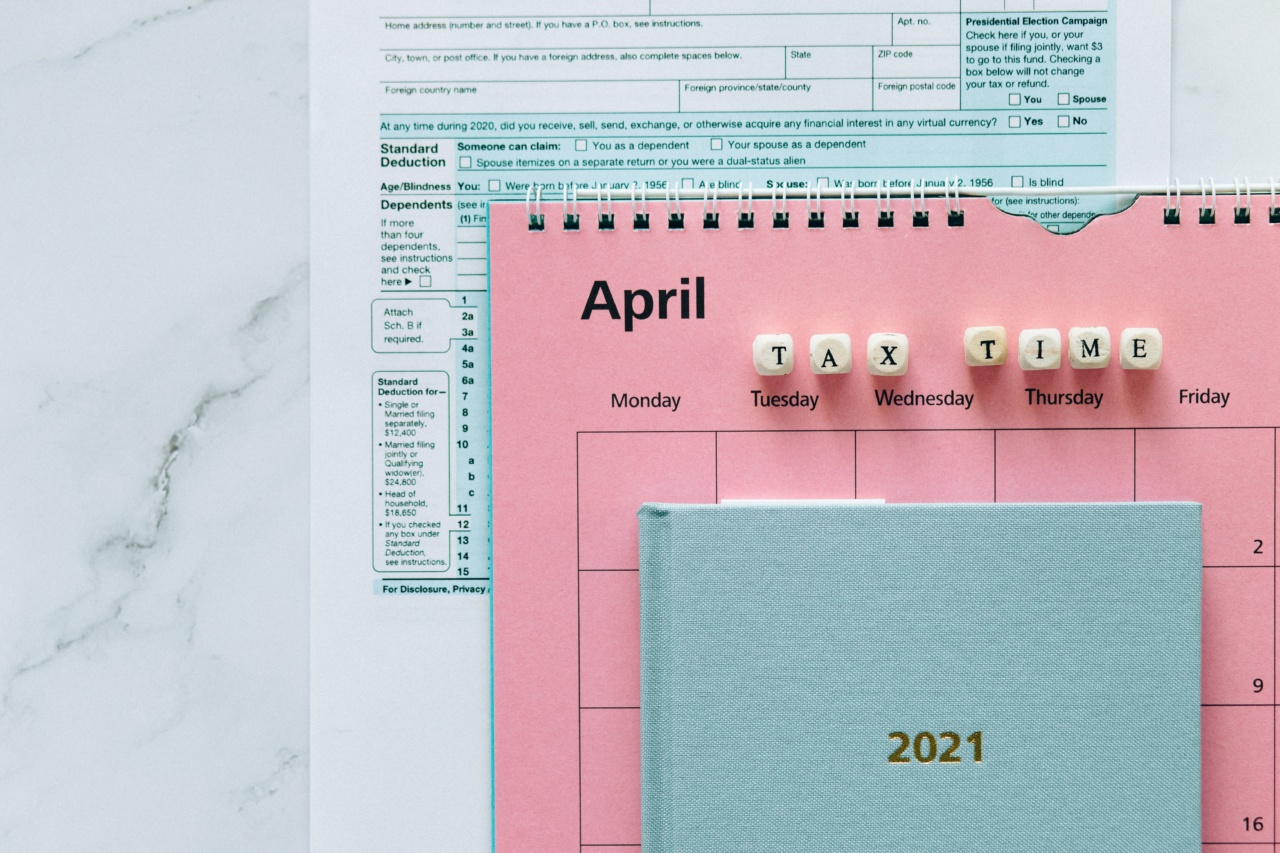As an expecting mother, one of the most exciting and anxious moments is finding out the due date of your baby. The due date is the estimated date of delivery, and it is calculated from the first day of your last menstrual period (LMP).
However, many women get confused about the calculation of pregnancy months and due dates. In this guide, we will explain how to calculate your pregnancy months and due date accurately.
How to calculate your due date
To calculate your due date, you need to know the first day of your last menstrual period. This date is used to estimate the day you are likely to give birth to your baby.
The estimation is based on a typical 28-day menstrual cycle, where ovulation occurs on the 14th day. If your menstrual cycle is shorter or longer than 28 days, the due date may change.
To calculate your due date, add 280 days (40 weeks) from the first day of your last menstrual period. For example, if your last menstrual period started on June 1st, your due date is estimated to be March 8th of the following year.
You can also use an online due date calculator to get your estimated due date.
How to calculate your pregnancy months
Pregnancy is typically divided into three trimesters, each of which lasts for approximately three months. To calculate the pregnancy months, count from the first day of your last menstrual period.
For example, if your last menstrual period started on June 1st, the first trimester of your pregnancy is from June 1st to August 31st.
The second trimester of pregnancy is from September 1st to November 30th, and the third trimester of pregnancy is from December 1st to the due date of March 8th.
Therefore, if your due date is March 8th, you will be in your third trimester from December 1st to March 8th.
Factors that can affect your due date
While the due date calculation is based on a typical 28-day menstrual cycle, many factors can affect your due date. These factors include:.
- Irregular menstrual cycle: If you have an irregular menstrual cycle, it can be challenging to predict your due date accurately. Your doctor may use an ultrasound scan to estimate your due date.
- Conception method: If you conceived via in vitro fertilization (IVF) or other fertility treatments, your due date may be different from the estimated due date based on your LMP.
- Medical conditions: Certain medical conditions, such as gestational diabetes and hypertension, can affect your due date and require careful management throughout your pregnancy.
Conclusion
Calculating your due date and pregnancy months is an important step in preparing for your baby’s arrival.
While the calculation is based on a typical 28-day menstrual cycle, many factors can affect your due date, and it is essential to consult with your doctor throughout your pregnancy. By following these guidelines, you can calculate your due date and pregnancy months accurately and prepare yourself for the exciting journey of motherhood.




























